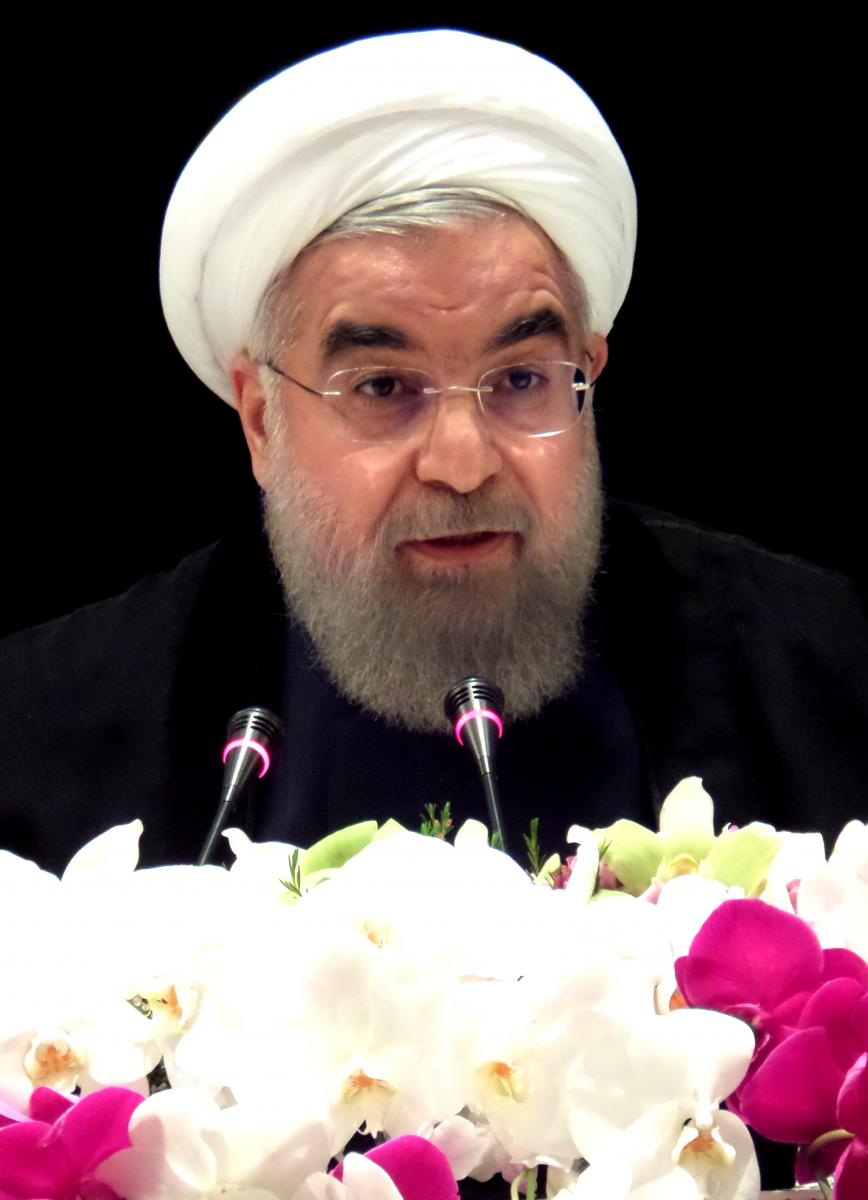Garrett Nada
The nuclear deal, announced in July, has not changed the anti-American rhetoric in Iran. Indeed, the pace of vitriol has noticeably increased. “US officials seek negotiation with Irannegotiation is means of infiltration and imposition of their wills,” Supreme Leader Ayatollah Ali Khamenei said in September, captured in a string of tweets on his English-language account.
Iranian nation did expel this Great Satan; we barred their direct access and now we must not allow their indirect access and infiltration.
— Khamenei.ir (@khamenei_ir) September 9, 2015
Hardliners in Parliament have also taken a tough stand. On November 2, 192 out of 290 lawmakers signed a letter vowing not to abandon the slogan “Death to America (also translated as “Down with the USA”),” first popularized after the United States took in the ailing shah, in 1979. The U.S. decision led students to seize the American embassy and more than 50 hostages. On the 36th< anniversary of the takeover, in 2015, the hardliners , “The honorable nation of Iran will under no circumstances be willing to put aside the ‘Death to America’ slogan because of the agreement on the nuclear issue; a slogan that has become a symbol of the Islamic Republic of Iran and the entirety of struggling nations have held Islamic Iran as a model for their own fight.”
Wall unveiled at U.S. embassy in Tehran inscribed w/ 100 epithets given by Ayat. Khomeini to U.S. pic.twitter.com/YalV2zB1Fl
— Sobhan Hassanvand (@Hassanvand) September 2, 2015
"The enemy at work" reads a billboard outside former American embassy in Tehran. pic.twitter.com/LSd48xAuUl
— Bahar Shoghi (@baharshoghi) August 30, 2015
#Iran hardline MP posts this illustration on Instagram, w/ hashtag 'hand in hand w/ Satan', re Obama-Zarif handshake. pic.twitter.com/d8PeAwxyEE
— Hadi Nili (@HadiNili) September 29, 2015
Iran attacks Washington's policies ahead of anni. of US embassy takeover, calls US "The Lord of the Infiltrations" pic.twitter.com/fs44TvxHz3
— Mehrzad Kohanrouz (@MehrzadBBC) November 3, 2015
 President Rouhani has taken a softer line. In an interview with CBS, he said the “Death to America” chant “is not a slogan against the American people.” He said it was a reaction to longstanding U.S. support for the shah as well as Saddam Hussein during the 1980-1988 war with Iraq. “People will not forget these things. We cannot forget the past, but at the same time our gaze must be towards the future,” Rouhani said. He acknowledged the potential for future talks. “Many areas exist where in those areas it's possible that common goals, or common interests, may exist,” he told CBS. Hardliners have been concerned that the Islamic revolution will be compromised by Rouhani’s willingness to engage with the United States again.
President Rouhani has taken a softer line. In an interview with CBS, he said the “Death to America” chant “is not a slogan against the American people.” He said it was a reaction to longstanding U.S. support for the shah as well as Saddam Hussein during the 1980-1988 war with Iraq. “People will not forget these things. We cannot forget the past, but at the same time our gaze must be towards the future,” Rouhani said. He acknowledged the potential for future talks. “Many areas exist where in those areas it's possible that common goals, or common interests, may exist,” he told CBS. Hardliners have been concerned that the Islamic revolution will be compromised by Rouhani’s willingness to engage with the United States again.
Garrett Nada is the assistant editor of The Iran Primer at USIP.
Click here to see pictures of the November 4 rallies.
Online news media are welcome to republish original blog postings from this website in full, with a citation and link back to The Iran Primer website (www.iranprimer.com) as the original source. Any edits must be authorized by the author. Permission to reprint excerpts from The Iran Primer book should be directed to permissions@usip.org
Photo credit: Hassan Rouhani by Robin Wright

